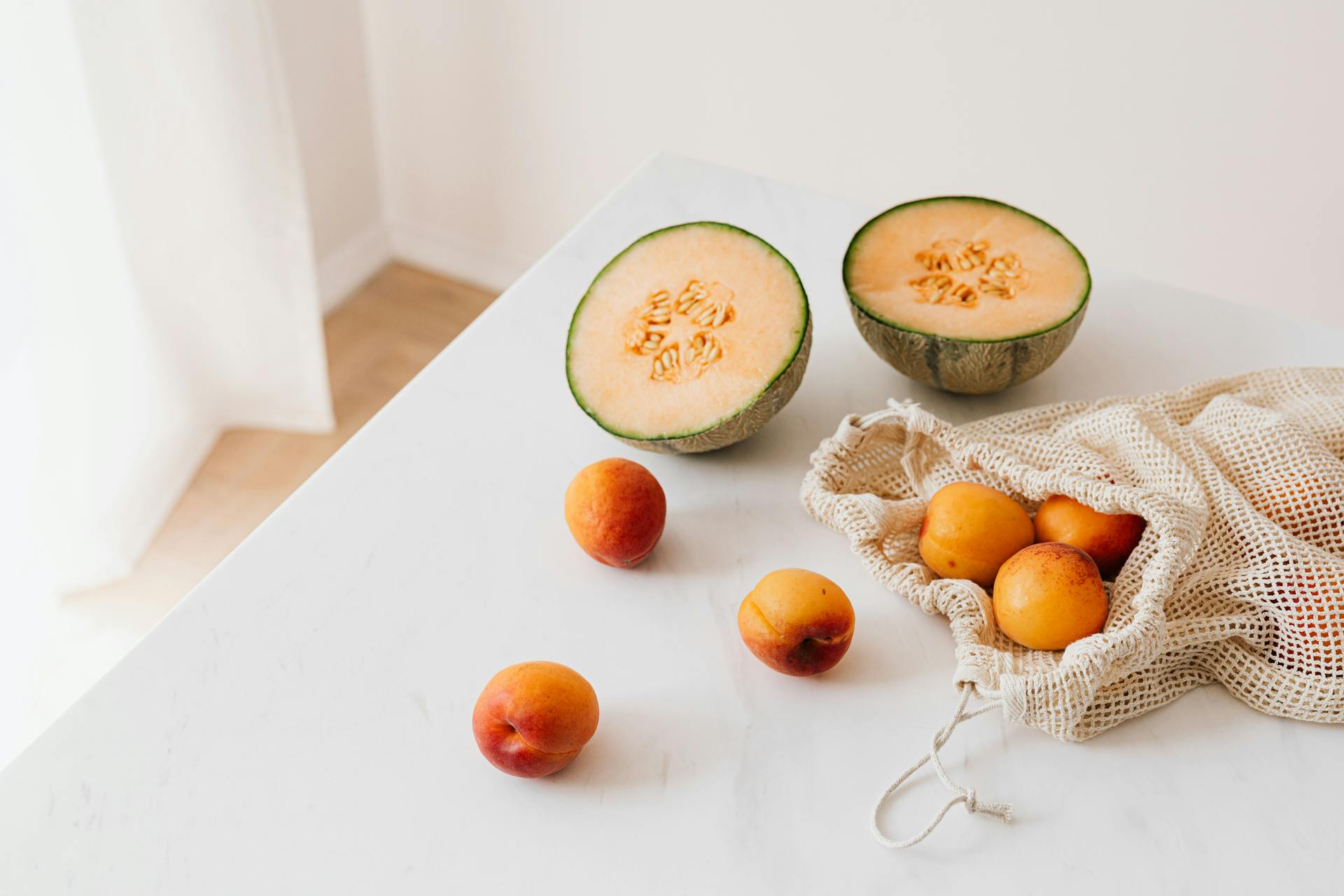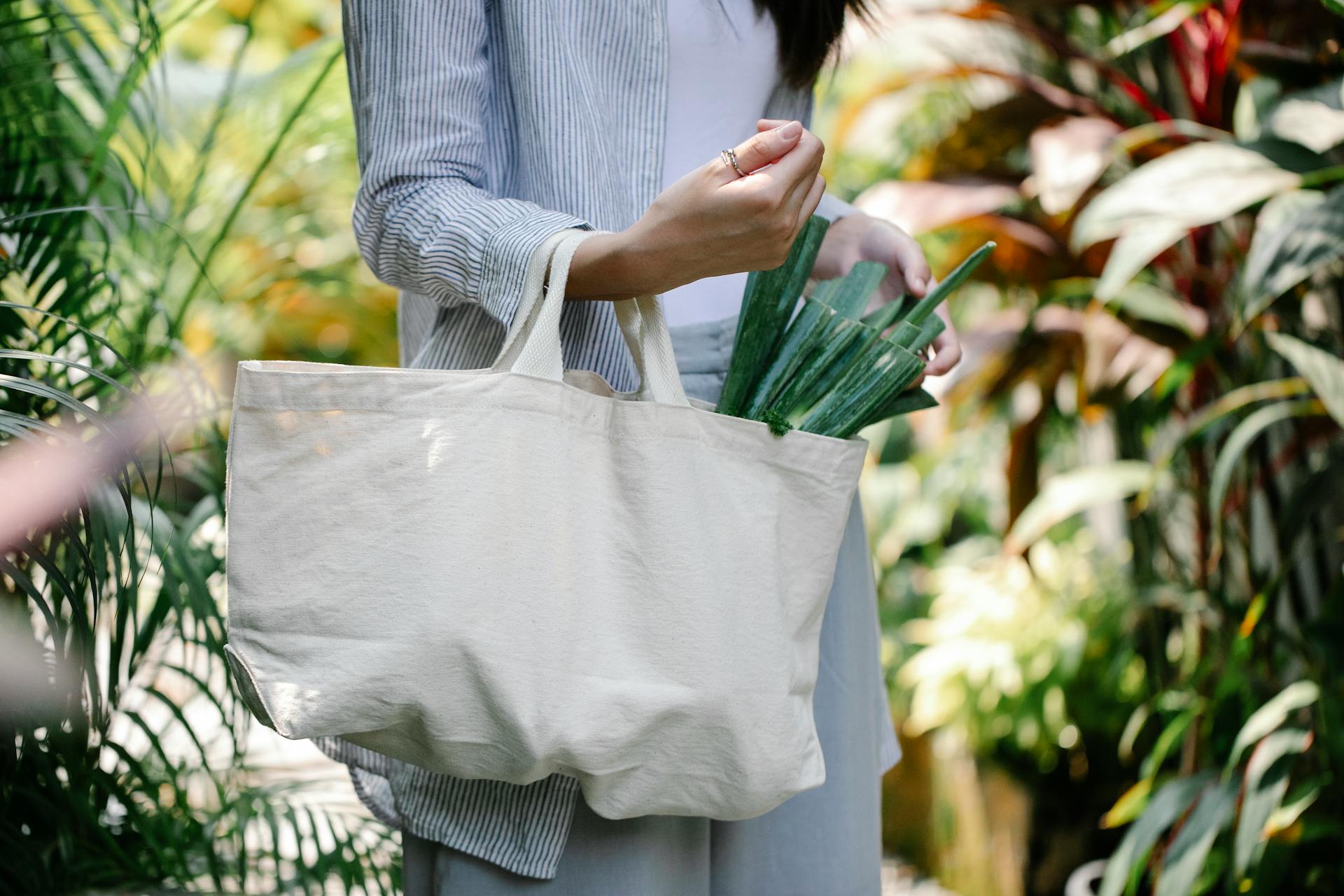In almost 3 years of zero waste lifestyle, I have had time to see my definition of the term “zero waste” evolve. Indeed, if I embarked on this change of life, it was mainly to reduce my waste and my environmental impact linked to my trash.
In the end today I realize that the word zero waste means so much more, it is much broader than simply being interested in your trash and what it contains. Be careful, I am not saying that it is bad to be interested “only” in your trash, because in the end everything more or less starts with that and it is already HUGE!
I’m simply saying that as I progressed on my zero waste journey, I expanded the definition I had of my lifestyle. In fact, at the beginning of each of my conferences, I like to clarify what zero waste is for me in order to make people understand that it’s not just a story about trash, but that it’s much more. Often, the people present have attitudes that are in line with the logic of the zero waste approach, but don’t even know it, because for them zero waste = bulk shopping only!
It’s a shame that the term zero waste has been limited (often in the media) to the household aspect “bulk shopping for the home”, because adopting a zero waste attitude encompasses so many other things!
ADOPTING A ZERO WASTE ATTITTUDE MEANS DOING 1, 2 OR MORE OF THESE TIPS:
-
reduce your production of waste going to the trash (to be incinerated or buried) at home by shopping in bulk and/or without single-use packaging
-
When purchasing products not available in bulk, choose reusable or recyclable packaging (remember to recycle correctly)
-
adopt a composter for all organic matter, a fair return to the Earth (some localities offer them!)
-
consume differently by choosing quality products, good for the planet, preferably local and organic, seasonal and coming from a small producer to whom the money will go directly
-
reduce your waste production also outside (picnics, trips, outings, gifts, etc.)
-
adopt sustainable rather than disposable
-
try as much as possible to no longer buy new, but favor recycling, second-hand, repair, second-hand in order to preserve the natural material and not waste
-
lend, borrow or rent instead of buying (books, tools, etc.)
-
When buying new, invest in quality items, made in top working conditions for employees and the planet and if possible made in France
-
stop wasting food by learning how to use leftovers and cook your peelings, for example
-
reduce or stop your consumption of animal products and especially meat/fish (animal farming represents 20% of CO2 emissions compared to only 2% for civil aviation according to the UN)
-
adopt a more minimalist attitude by surrounding yourself with essential things that make you happy and not fall into the abyss of excessive overconsumption
-
take an interest in environmental issues in order to have the most keys in hand to act in the best possible way
-
support and encourage initiatives implemented on a small or large scale to protect the environment and its inhabitants
-
favor more ecological or slower modes of public transport (bicycle or walking for example)
-
do not waste water, electricity, gasoline, gas… resources that are not eternal
-
change electricity supplier (for example to Enercop) to say no to nuclear power and yes to sustainable energies (wind, sun, etc.)
-
to raise awareness in a non-anxiety-provoking way among those around us who are interested in these issues in order to find solutions to the problems together.
Of course this is only an exhaustive list (I must surely skip a lot!) and it is complicated to respect 100% all these criteria without potentially generating frustration or stress. The important thing is to do what you can, what you want and to be happy doing it. No frustrations, this way of life is only happiness and kindness for yourself, the planet and its inhabitants!





